Ellen Voss on protecting mussels in rivers during a drought
River Alliance of Wisconsin climate resilience director Ellen Voss describes efforts to move freshwater mussels in the Wisconsin River to deeper water as drought imperiled multiple endangered species.
By Nathan Denzin | Here & Now
June 5, 2024 • South Central Region
VIDEO TRANSCRIPT
Ellen Voss:
So we put out a call to action just saying, "We know that this is a problem. If you're able to help, please go out to the river and start tossing mussels deeper into the water." At the time, that was kind of our only, we knew that time was of the essence. The longer they're exposed to the air and to the conditions, the more vulnerable they are. So we knew that we had to act fast, and at the time, that was the fastest thing that we could do.
Nathan Denzin:
How many mussels do you think were saved, ballpark, doesn't have to be exact or anything like that?
Ellen Voss:
I have no idea. I hope in the neighborhood of, you know, thousands, but I really don't know. There was a lot of people out and about. Some told us what they were doing. Some just, you know, I'm sure acted on their own and didn't report back. It's also impossible to know how many we lost during that event. And it's tragic on so many levels, 'cause, as you probably know, freshwater mussels are some of the most endangered species on the planet. And when something like this happens, it's completely avoidable. And they're, you know, they're already in trouble, and then they get this extra stress to them that, you know, might have pushed them over the edge. And so even losing a few is a big deal. Losing thousands is a tragedy.
Nathan Denzin:
Do you think that you guys at least made a difference? You might've lost a lot, but do you think you made a difference?
Ellen Voss:
Lisie assures me that we made a difference. So I take heart in that. When we rescued mussels in this area back in September, the thing that struck me was the diversity and the fact that, later, when I went to verify the species IDs, many of them were either state listed or state threatened. Something that you wouldn't think would be a barrier was a barrier to them. Sometimes they were literally only six inches or so from the water and stuck behind like a small rock or a log or a piece of trash. And to them, that's a death trap. It's an impenetrable barrier for them that seems to us like, oh, just go a little bit further. You're almost there. And they died probably. They would've died had they not been rescued. And like I said, the shear diversity of mussels that I was seeing made me realize that, you know, even if some of these can persist just a little bit longer, longer so that they have a chance to reproduce, it gives 'em a chance. And if we hadn't been there, they for sure would've died.
 Passport
Passport




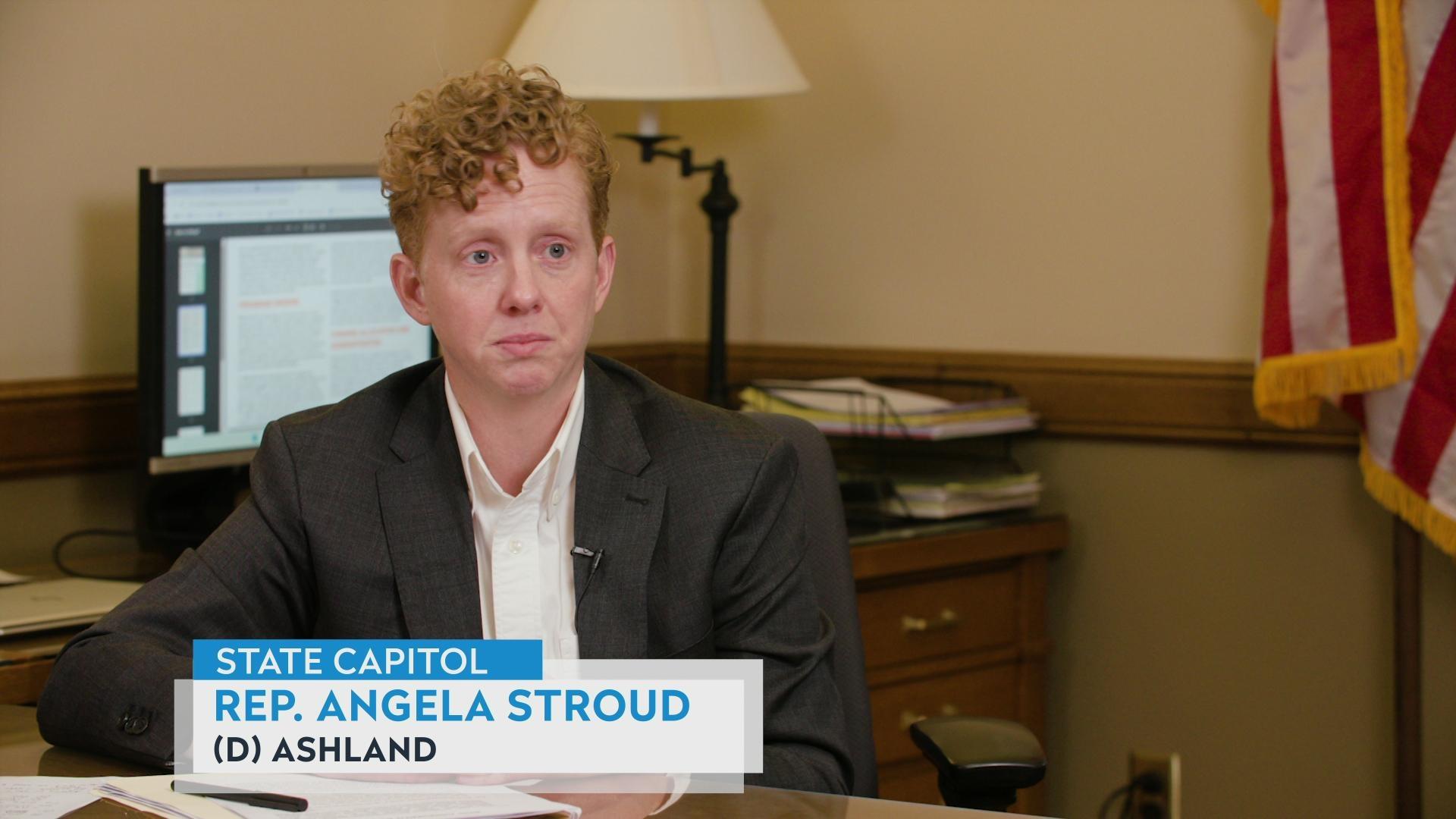
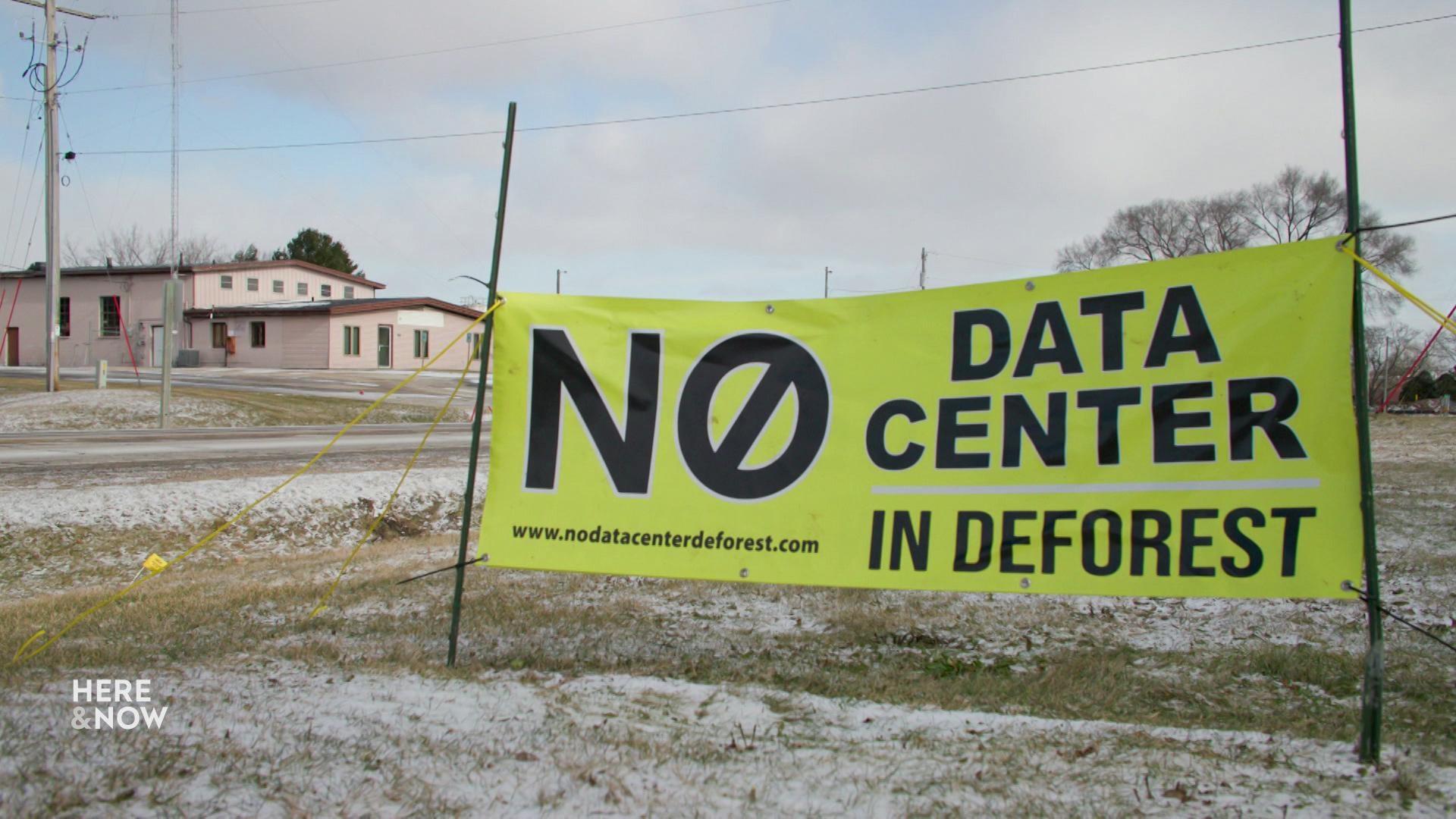
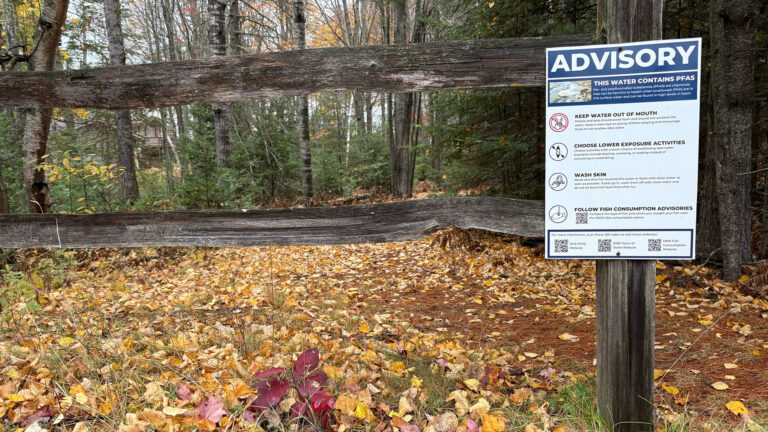
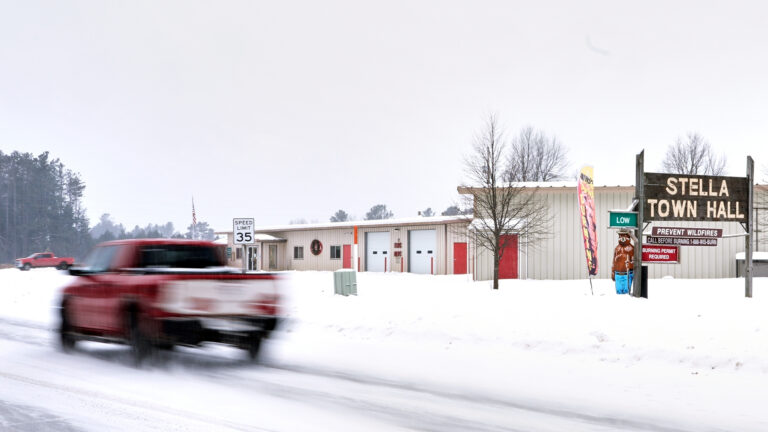
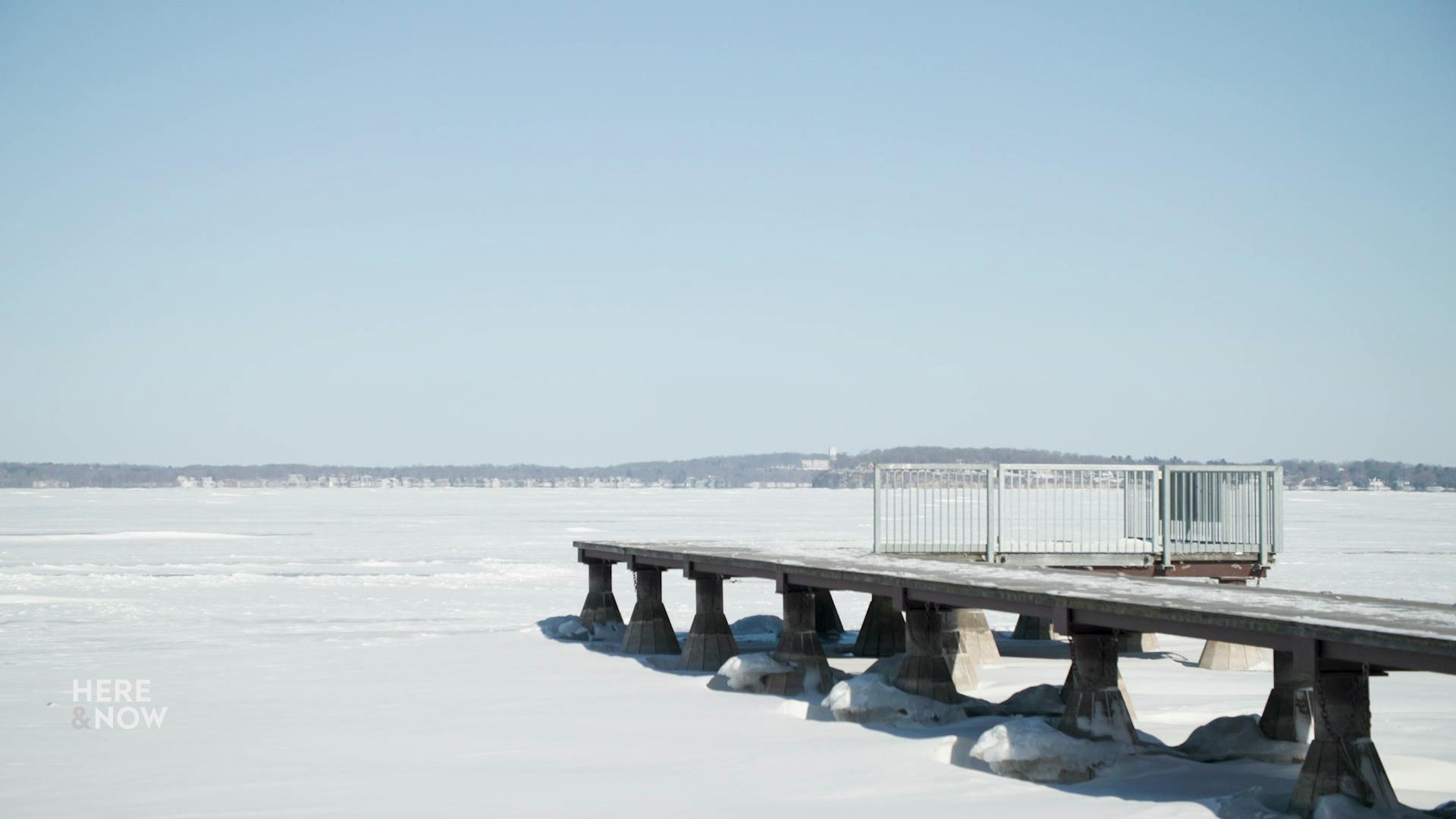
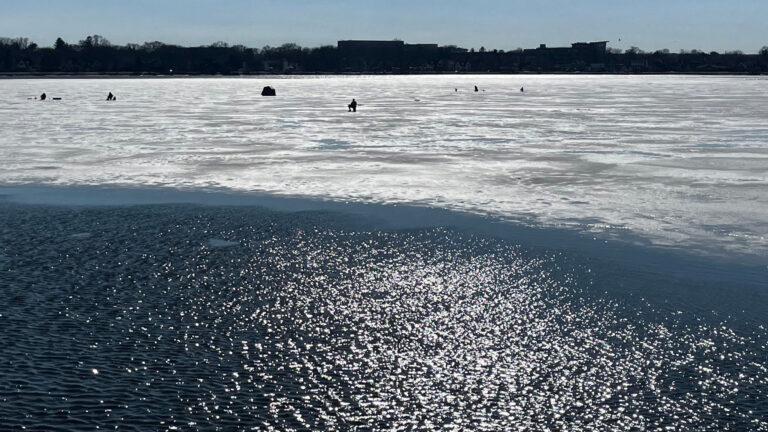

Follow Us